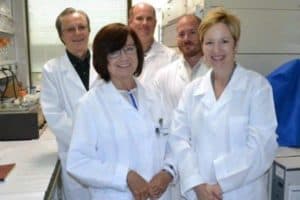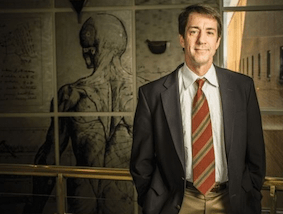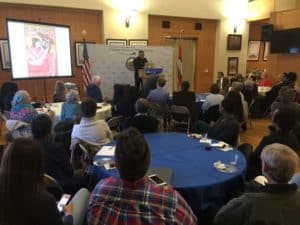UAMS’ first Speed Collaborating event was so productive for at least one researcher that she joked she now has too many collaboration options.
The two-hour gathering Oct. 5 drew 34 UAMS faculty. Researchers were paired based on their top five research interests and were given 5-10 minutes to discuss potential collaborations. After each brief session, they were paired with another researcher.
Participants who filled out an evaluation form following the event all rated it as either excellent or good. A sampling of their comments include:
- “This was so good now I have too many collaboration options lol”
- “The best thing about the event was meeting folks from across campus and hearing about different lines of research going on all over UAMS.”
- “Thank you very much for the organization. This was something new and exciting I’ve never seen done before. I enjoyed meeting new people!”
- “What a wonderful networking opportunity, thank you!”
The event was led by the Women’s Faculty Development Caucus Research Committee with support from the UAMS Faculty Center, the Translational Research Institute (TRI) and Office of Interprofessional Education.







